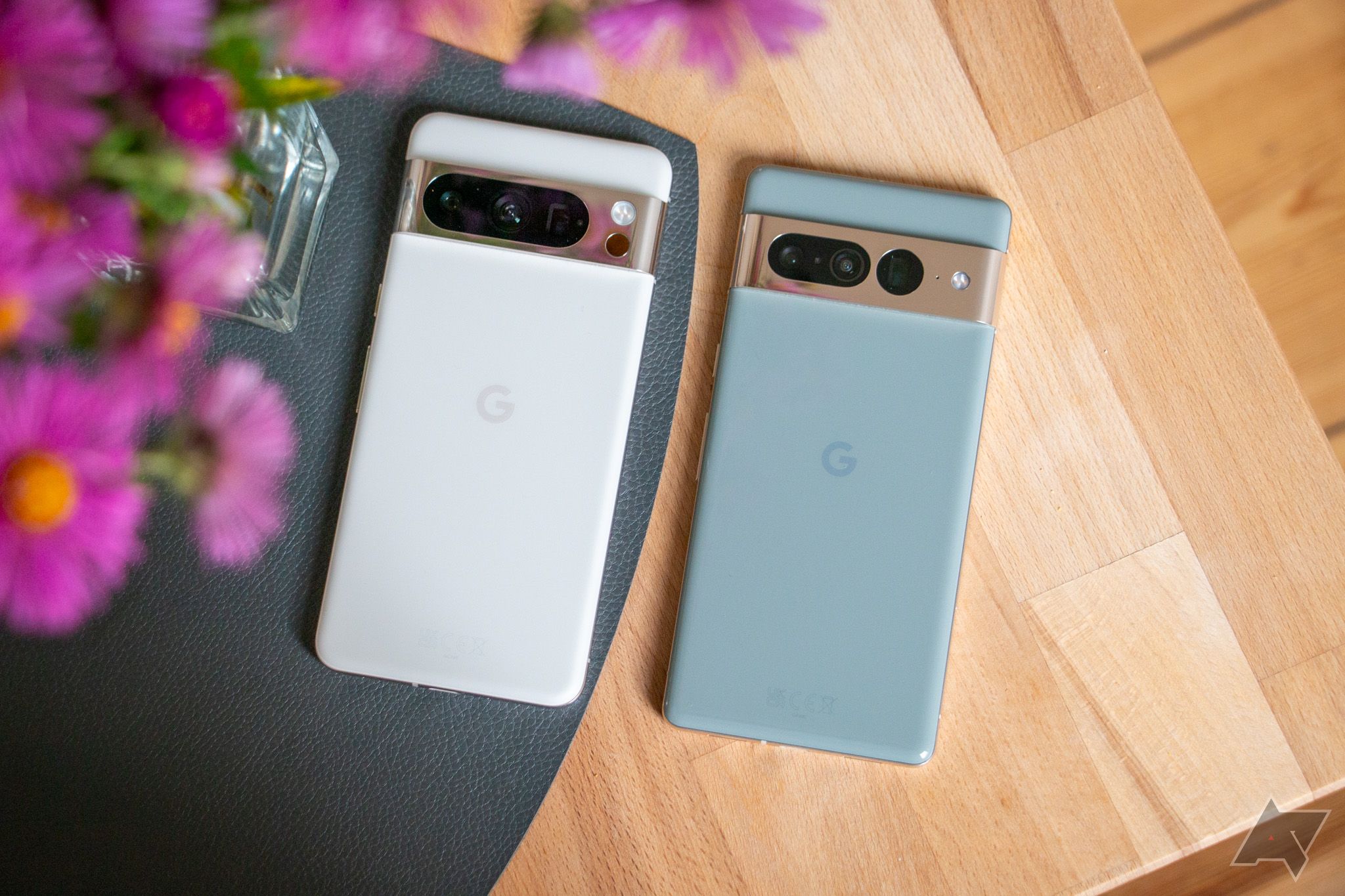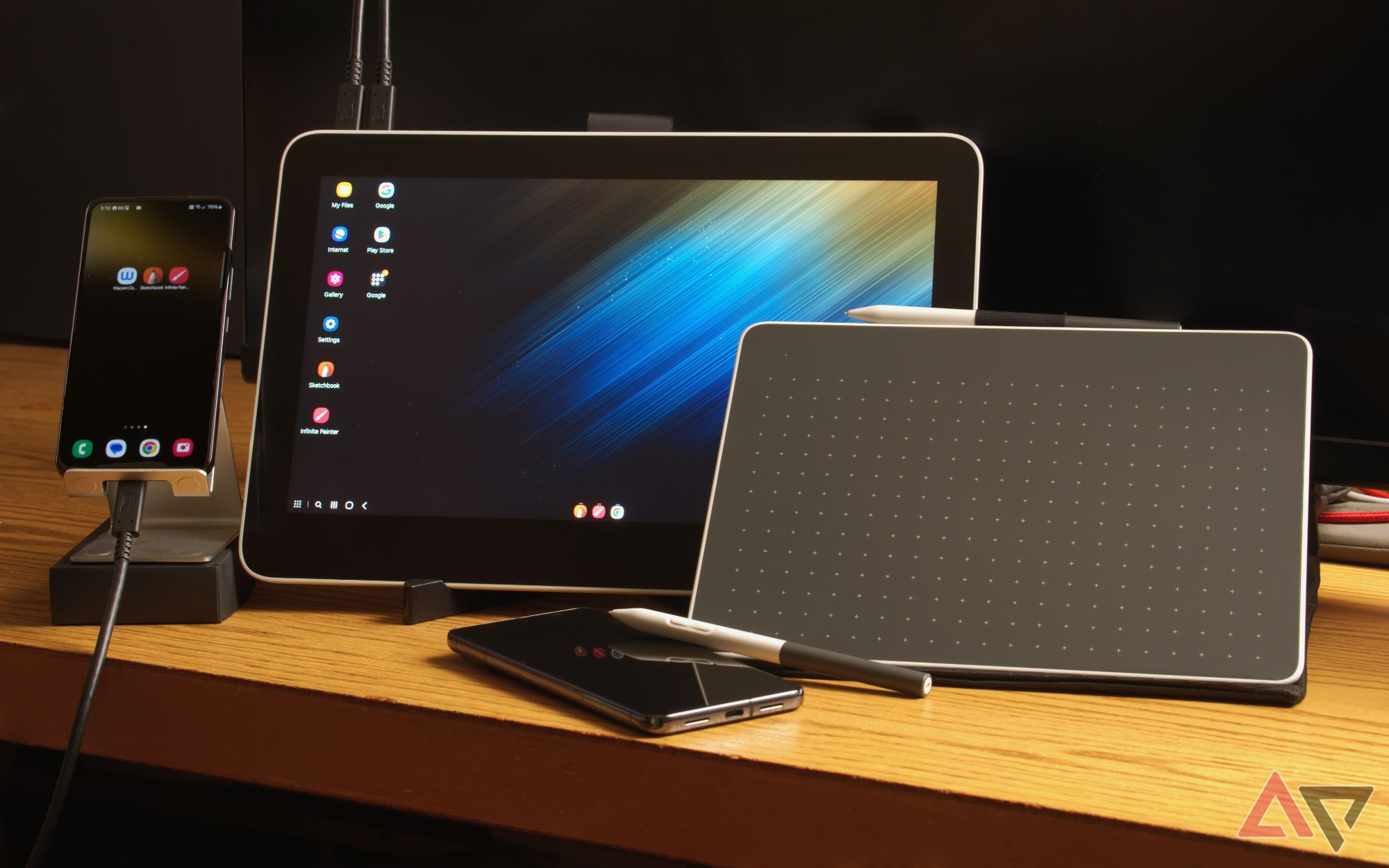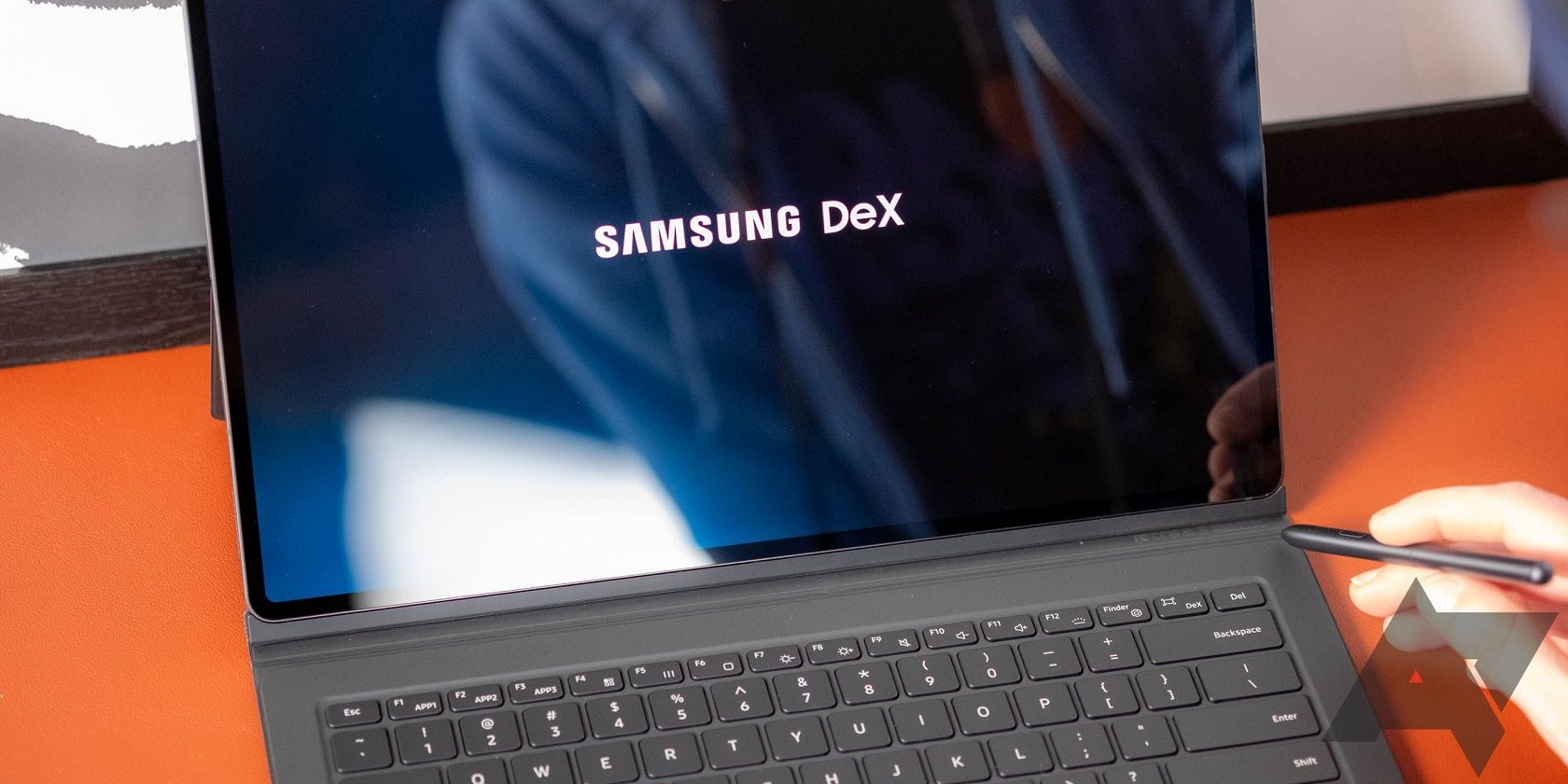We’re expecting to hear a good deal more about Android 15 at Google’s next Pixel event on August 13. It seems like a relatively low-key release, expected to bring improvements like a predictive back gesture animation and partial screen sharing. One of the flashier potential new features, though, is an in-progress desktop mode, similar to what Samsung offers with its DeX functionality.
This past spring, Google added DisplayPort support to the Pixel 8 and Pixel 8 Pro in a Feature Drop update, allowing for easy wired connections to external monitors. Then, tinkering in Android 14 QPR3 Beta 2.1, Mishaal Rahman was able to get a new desktop interface up and running, complete with Android apps running in resizeable floating windows. It’s not confirmed that Android 15 will ship with a built-in desktop mode, but the bones are there. It does make me wonder, though: why? What would a desktop interface add to Android?
Desktop mode on Android: What’s it for?
Bigger canvases for Android apps
Since I first tried Samsung’s desktop-style Android interface, DeX, I’ve thought off and on about the idea of the smartphone as a primary computing device. As it stands, I use a lot of computers: a laptop, a smartphone, a couple of tablets, a smartwatch, various gaming devices, and so on. The idea that, in the relatively near future, one device could connect and adapt to various different displays to accommodate my various computing needs is really appealing.
My one-computer dream is obviously limited by hardware — despite advances like Apple’s admittedly impressive mobile adaptations of games like Death Stranding and Resident Evil Village, pocket-friendly hardware can’t keep up with the more power-hungry silicon required for intensive gaming or productivity workflows. (My ideal version of a setup like this would also be wireless, another technical bottleneck.)
Hardware limitations aside, Android doesn’t support a lot of the software people use to get work done. Even with a fully functional desktop interface, you’d be left with mobile internet browsers and whatever apps are available on the Play Store. Anything beyond light word processing or catching up on email would have you reaching for a device with a more fleshed-out desktop OS and better support for productivity apps.
But that assumes you have access to a device like that. For many people, especially in developing markets, the smartphone is already a primary computing device — it’s just not a very capable one. Opening up Android to provide a more traditionally computer-like experience under the right circumstances could be a huge help to anyone trying to navigate modern life on a budget that makes a basic Chromebook a luxury.
Android’s desktop interface will likely only be available on tablets or external displays, but sites like Amazon sell laptop-size portable monitors that are surprisingly affordable, with prices as low as $60. You could get a display, keyboard, and mouse to pair with the smartphone you already have for under a hundred bucks — still an investment, but a much smaller one than even a bargain-bin laptop.
We should know more soon
Android 15 should feature heavily in Google’s August event
Desktop mode could be the latest in a long series of OEM-pioneered features Google has co-opted into the core Android experience, joining the likes of split-screen multitasking and theme customization as stock Android standards. We know the Pixel 9 series is launching at an event in August, and we’re confident Android 15 will debut on Google’s new phones.
Google’s been rumored to have been working on productivity accessories for its Pixel Tablet; if Android 15 does include a desktop interface accessible on larger displays, the August event seems like a perfect time to announce both. Either way, it’s only a few weeks until I find out whether my one-computer dream is one step closer to becoming reality.

6 exciting reveals we’re anticipating at Google’s Pixel event in August
Here’s a preview of the August Pixel Event






